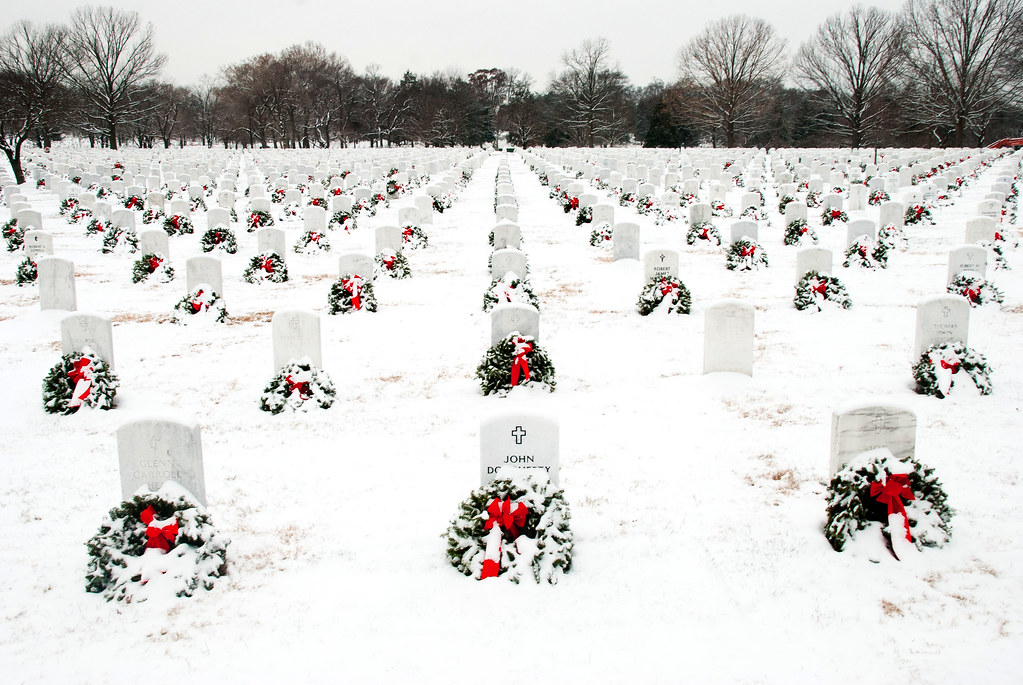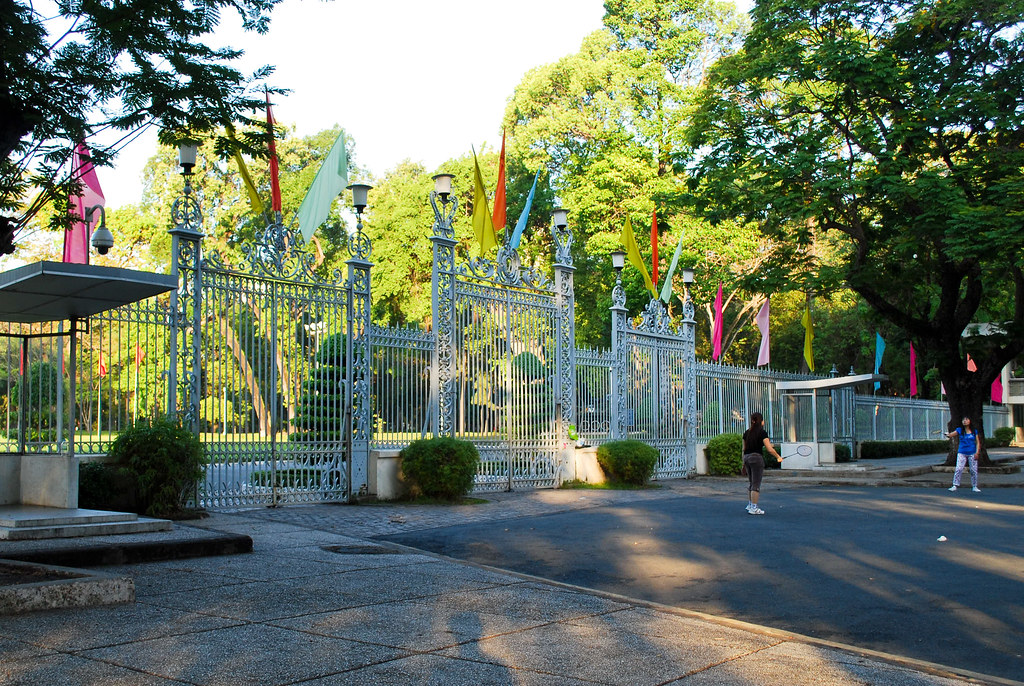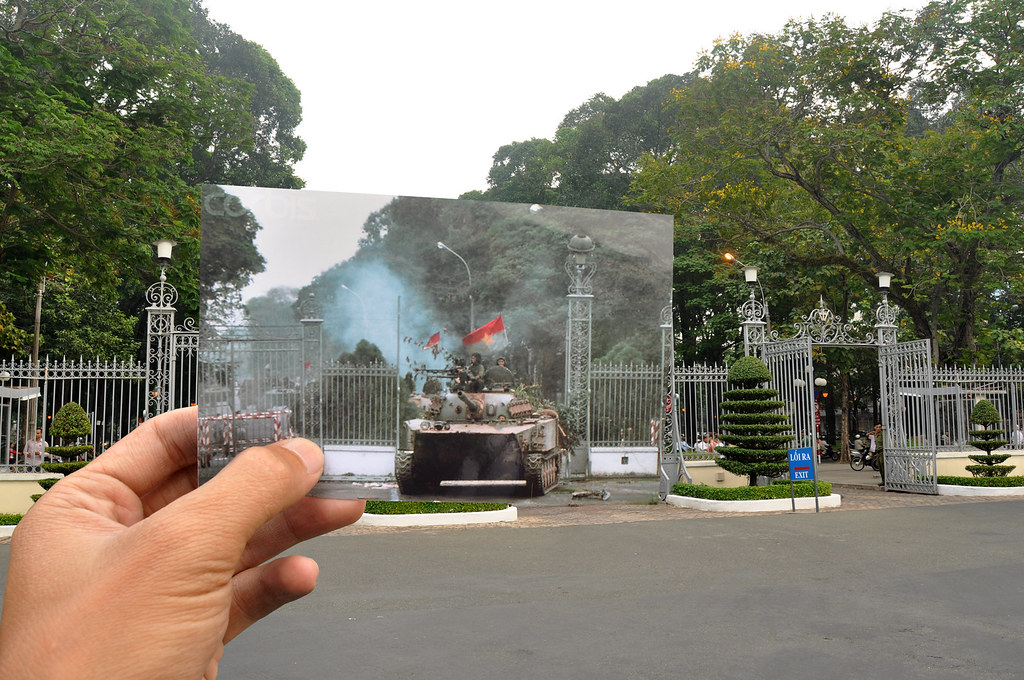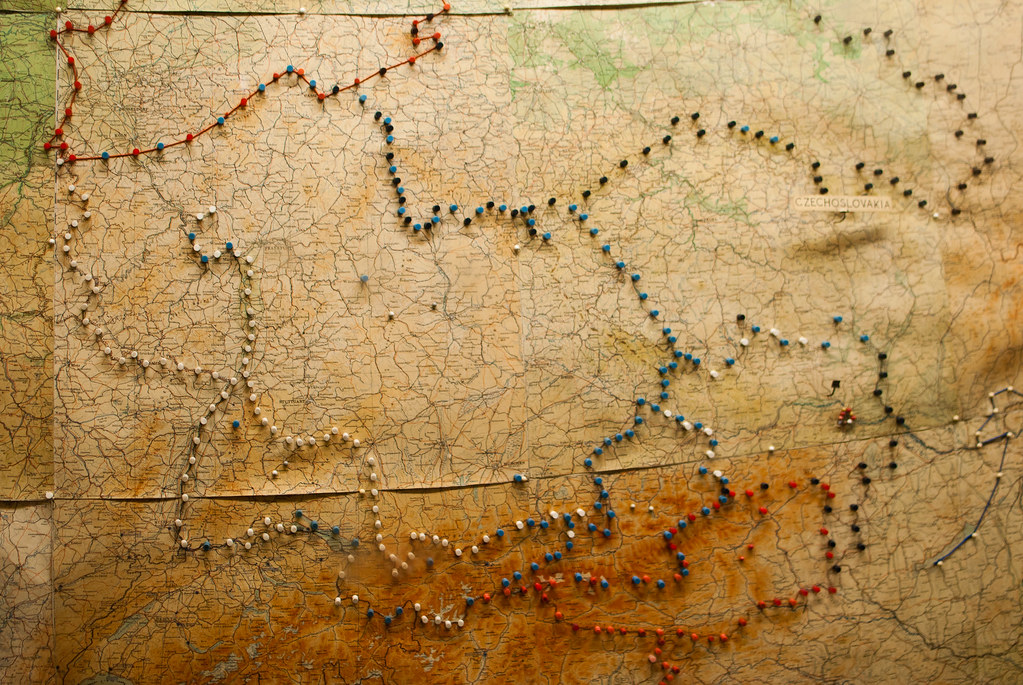Memorial Day is about war. I’m fortunate to have never seen war, like my parents or my grandparents’ generation. After they made it over here to the United States, peace was at hand. I have no war photos. I only have photos of war’s shadows.
“There is no instance of a country having benefited from prolonged warfare. It is only one who is thoroughly acquainted with the evils of war that can thoroughly understand the profitable way of carrying it on.” -Sun Tzu, The Art of War

Section 60 is where the most recent fallen soldiers are laid to rest from the wars in Afghanistan and Iraq. Once a year, Wreaths Across America comes through Arlington Cemetery ahead of Christmas.
I first started watching politics as the Iraq War was getting underway, and like a huge majority of Americans I trusted, though with a little unease, that the consensus was right. As a fifth grader I wasn’t terribly keen on the Bush Administration already, but it was hard to imagine stopping a war when the only world history you’ve witnessed was 9/11 and the smoldering crater in the Pentagon 15 minutes from you.This was my first lesson in politics: much like Warren Buffett’s famous investing advice, “be fearful when others are greedy.” Since then I’ve learned to never trust the patricians when they bang the drums of war. It turned into a catastrophe unknown since Vietnam, draining our nation’s blood and treasure.

This pickup game of badminton between two women in Saigon in 2009 is in no ordinary location. You’ve seen this fence before. But do these women remember? The Vietnam War still hangs over our elections today, but Vietnam’s population pyramid is so much younger that the war is a piece of history to most.

On April 30, 1975, Saigon fell as the North Vietnamese crashed through the gates of the Presidential Palace. Vietnamese photographer Khánh Hmoong went to iconic sites all over Vietnam, superimposing the past over the present. How would you know if you had no visual reference, where are no plaques?

Unlike Vietnam, it’s obvious in World War II who shot first. You only win the wars you have to fight. In London’s Churchill War Rooms, where the British leadership was hunkered down, the war is reduced to a series of maps, thumbtacks on the wall. The Map Room told them where they were. Cartography cut through the fog of war.
Today, we honor those that never came back from defending our freedom. Tomorrow, we honor them by never having to go.

